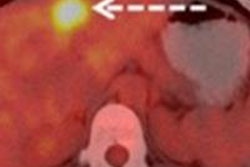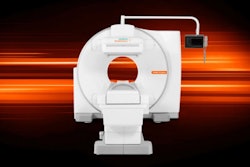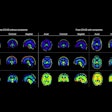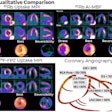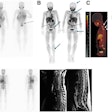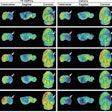Dear Molecular Imaging Insider,
Today's edition of the Insider offers an exclusive first look at a new study published in the Journal of the American Medical Association. The research from Vanderbilt University calls into question FDG-PET's ability to differentiate lung cancer from benign lesions in patients living in geographic areas where infectious lung disease is prevalent.
The review of 70 studies found that in regions where infectious lung disease is endemic, FDG-PET's specificity for lung cancer was only 61% -- 16 percentage points lower than in other areas. Given the low specificity and other factors, the group concluded that FDG-PET should not be used to diagnose lung cancer in these areas unless an imaging facility can achieve results comparable to scans in nonendemic areas. Learn more in this issue's Insider Exclusive.
While guidelines recommend FDG-PET/CT only as an optional workup for women with stage III breast cancer, the hybrid modality can help women younger than 40 who have potentially aggressive stage II breast cancer, according to a study from Memorial Sloan Kettering Cancer Center. After extending the use of FDG-PET/CT to this younger patient population, the researchers discovered stage IV disease in 10% who had an initial diagnosis of stage I or stage II breast cancer.
And from the American Society of Nuclear Cardiology annual meeting comes a study that shows nuclear medicine technologists were nearly as accurate as cardiologists in reading stress-first SPECT myocardial perfusion imaging studies. The study hints at a role for technologists in determining which patients could avoid follow-up rest scans for diagnosing heart disease.
Hybrid multidisciplinary teams of radiologists, geneticists, medical physicists, and radiation oncologists are needed to meet the challenge of cancer assessment and treatment in a world in which every cancer is different. Unfortunately, no one is training the doctors of today, let alone tomorrow, about the technologies they will need to master, according to one speaker at the American Society for Radiation Oncology annual meeting in San Francisco earlier this month.
Finally, screening for breast cancer with mammography isn't perfect, and neither are the modalities used to track women already diagnosed with the disease. One group, presenting at the American Society of Clinical Oncology Breast Cancer Symposium, shared results from a study that points to PET/MR as a better way to track breast cancer metastases.
Be sure to stay in touch with the Molecular Imaging Digital Community on a daily basis for the latest news and research.






